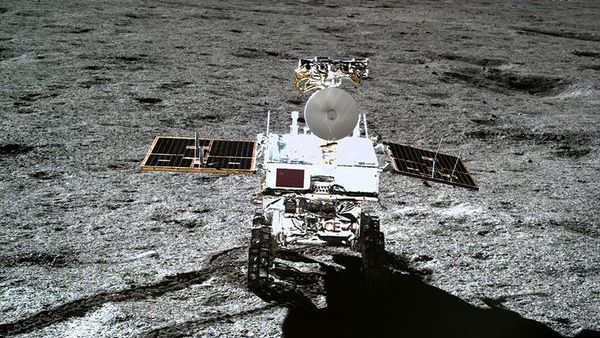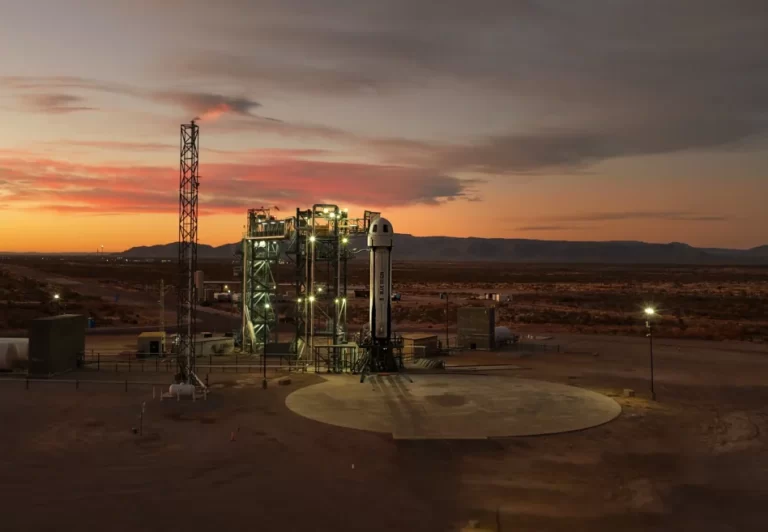
China’s Yutu 2 rover still going strong after nearly 6 years on the far side of the moon (video) (Image Credit: Space.com)
China’s lunar rover Yutu 2 is still active on the far side of the moon nearly six years after its historic touchdown.
Earlier this year, China aced the complex Chang’e 6 mission to land on the far side of the moon, collect samples and deliver them to Earth. But the Chang’e 4 mission, which pulled off the first-ever landing on the lunar far side in January 2019 and helped pave the way for Chang’e 6, is still going strong.
The Chang’e 4 rover Yutu 2, or Jade Rabbit 2, has completed 71 lunar days of activity, according to a rare update on the mission. It was designed to operate for just three lunar days, or about three Earth months.
The update, released to mark the day of the full moon in the eighth month, or Mid-Autumn Festival in Chinese culture, includes images from Yutu 2 showing Von Karman Crater in the South Pole-Aitken Basin on the far side of the moon.
The images show drive tracks in the lunar regolith, numerous craters of varying sizes, and distant lunar hills. The rover is also revealed to have driven a total of 5,292 feet (1,613 meters) to date.
The update indicates that Yutu 2 appears to have been slowing down in recent times. It had accumulated 4,265 feet (1,300 m) of driving by September 2022, or just over three and a half years on the moon. It has added just over 1,000 feet (305 m) in the following two years.
It is unclear what part factors such as possible gradual degradation of the rover itself due to the harsh temperature and radiation environment, growing demands of other lunar missions, or more complex lunar terrain play in Yutu 2’s less expansive driving in recent years.
Additionally, Zuo Wei, deputy chief designer of the Chang’e 4 mission’s ground application system, told China Central Television (CCTV) that an even older Chang’e lander, which touched down on the near side in 2013, is still operational.
“The moon-based optical telescope on board the Chang’e 3 lander is still operational, performing regular on-off cycles every month, though it is no longer conducting scientific observations,” said Zuo.
China also has two orbiters, Queqiao and Queqiao 2, operating in lunar orbit to support lunar far side missions. The country’s next lunar landing mission, Chang’e 7, is scheduled for 2026 and will target the moon’s south pole.





